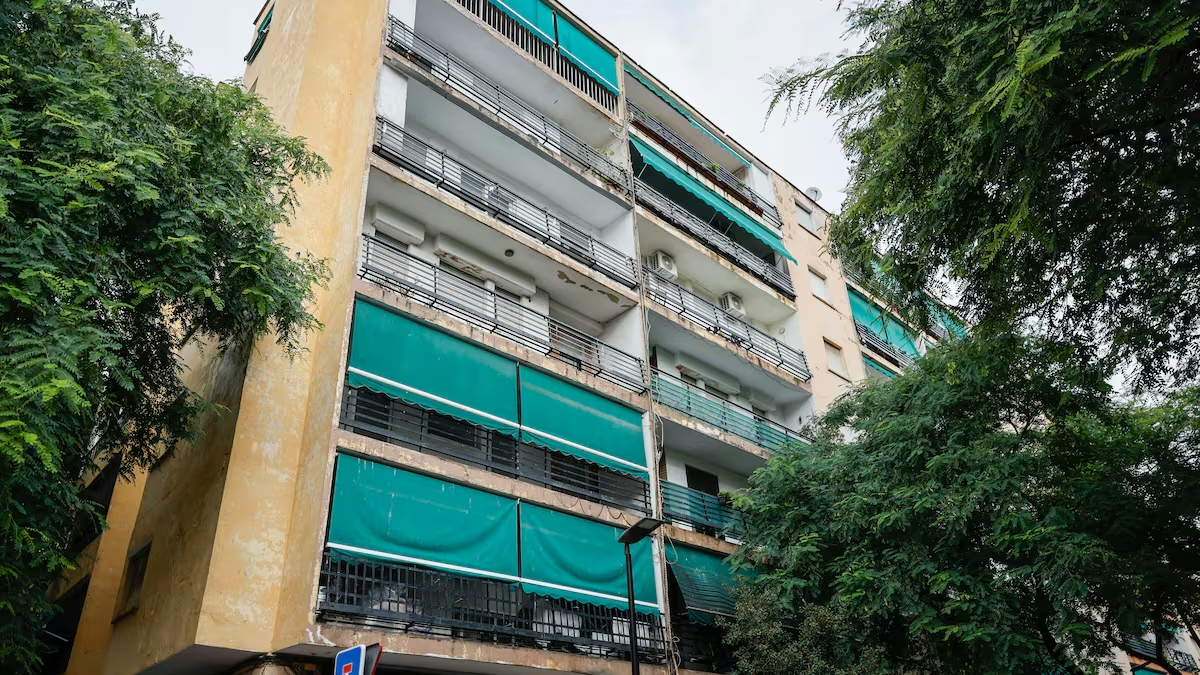He human being It is the only mammal that is born helpless, that is, in a state in which it must receive assistance from others in order to survive. In this founding fact, an effect of subjectivation is produced by the interception of the desire of the other and, in turn, the encounter with the social that constitutes it. The tender bond, in that princely encounter, marks a founding instance of the human condition.
Ulloa (1988), following these Freudian ideas, defines tenderness as a founding psychic instance of the human condition, defining in turn its opposite pair: “cruelty”. “Tenderness is the initial renunciation of the empowerment of the child subject,” says Ulloa. He thus places tenderness as a brake on empowerment, as a limit, and describes two characteristics of tenderness as a function: Empathy, as it implies the identifying link with the other, in the dimension of the similar, that is, identified with the aspects that would allow us to understand the needs of the budding subject. This identification implies a psychic work that will allow for sustenance (Winnicott), guaranteeing adequate supply (heat, food, lullaby, words) and the gaze that defines how to look with loving interest at someone who is recognized as a foreign subject and different from oneself, in a double and interwoven process of alienation and separation, which will give rise to the constitution of subjectivity.
He educational settingis a privileged area in which the connection, the social bond, and the encounter with the other, are recreated and find the possibility of a reissue in which social wounds are “repaired”, as indicated Carina Kaplan. These are transfers that renew the possibility of re-edition of the first ties, in which this same transfer operates as a support for a transmission, which is nothing more than the passage through a constitutive place, at the same time historical, biographical and simultaneously current.
Tenderness is the way in which protection against prematureness, articulated with the identification and differentiation of the other, allows subjectivation and developments that will link the subject with the social: it is the field of the Other, the Symbolic as a registration record , in which the third party operates by making a significant trace.
The school as a possible offerer of tenderness, embodied in the adults who intervene there, shows a possible dimension of repairing painful situations and, at the same time, relief from the pressures of the time, as well as the challenges that it faces. poses, in times of hopelessness and helplessness.
VIII Conference on Psychoanalysis and Education APA UBA 2024
This topic will be discussed, among others, in the VIII Conference on Psychoanalysis and Education APA UBA 2024next Wednesday, November 27, in successive activities from 9 a.m. to 9 p.m. at the headquarters of the Argentine Psychoanalytic Association located at Rodríguez Peña 1674, CABA.
image.png
The activity is carried out in agreement with the Faculty of Philosophy and Letters of the University of Buenos Airessponsored by the Department of Educational Sciences and the Educational Sciences Research Institute.
In this event, free of charge, the most prominent figures from the national and international level of our country and Latin America in education and psychoanalysis will meet, in dialogue with philosophy and psychology.
In addition, prominent figures of psychology and philosophy thought from the academic units of the University of Buenos Aires will also participate, as well as prominent representatives of Uruguay, who will display in various panels the intersections of psychoanalysis and education from various perspectives, articulating , the dimensions of tenderness and cruelty in education, as well as the future of education and current issues and our times that cross these areas.
According to the organizers, certificates of participation will be offered, with a teaching score. “This Conference has been declared “Of Educational Interest” by the Directorate of Culture and Education of the Province of Buenos Aires,” they stressed.
The general coordination of this day is in charge of the doctors Jorge Canteros and Jorge Catelli.
Activities program
9:00 to 9:45 Opening:
Welcome and opening of the Conference by Jorge Canteros (APA UBA) and Jorge Catelli (APA UBA)
Welcome from Mirta Goldstein (APA President)
Words by Daniel Suárez (UBA – IICE Director)
Words by Paula Fainsod (Director of the Department of Education Sciences UBA:FILO)
9:50 to 11:15 Panel: Education, cruelty and tenderness
Monica Santolalla (APC)
Paula Fainsod (FILO:UBA)
Alicia Kachinovsky (APU – UdelaR)
Coordinator: Jorge Canteros (APA – UBA)
11:20 to 12:30 Schools Panel: territory of production of subjectivities
Magdalena Filgueira (APU – UdelaR)
Beatriz Greco (UBA Filo y Psico)
Analía Wald (APA – UBA Psico)
Horacio Cárdenas (Mariano Acosta Normal School)
Coordinator: Jorge E. Catelli (APA – UBA)
12:40 to 14:00 Panel The education of the subject and the subject of education: professional practices and an ethics of the singular
Alberto Romero (Mariano Acosta Normal School)
Juan José Calzetta (UBA)
Noemí Canteros (APA)
Jorge Ulnik (APA)
Coordinator: Mauricio Zulián (APA – UBA)
2:00 p.m. to 3:30 p.m. Psychoanalysis and Education Panel “in the new world”
Solange Camauër (UBA)
Carlos Tkach (APA UBA)
Nicolás Obiglio (USAL)
Coordinator: Jorge Canteros (APA – UBA)
15:45 to 17:15 Panel: Ethical-political problems of evaluating
Facundo Giuliano (FLACSO – CONICET)
Daniel Saur (CEA UNC)
Claudio Martyniuk (UBA-IGG)
Coordinator: Gabriela Carchano (UBA)
17:30 to 19:00 Panel: Where is Education going? Education and university
Susana Seidman (UB)
Monica Hamra (APA – USal)
Clara Schejtman (APA – UBA)
Coordinator: Adriana Goglino (FILO UBA)
19:10 to 20:45 Closing panel: Affections, drives and foreignness
Graciela Frigerio (UNL)
Mirta Goldstein (President of APA)
Carina Kaplan (UBA-CONICET-UNLP)
Coordinated by: Jorge Catelli and Jorge Canteros
20:45 to 21:00 Closing words:
Marcelo Toyos (APA Scientific Secretary)
Mirta Goldstein (President of APA)
Coordinated by: Jorge Catelli and Jorge Canteros
Source: Ambito
David William is a talented author who has made a name for himself in the world of writing. He is a professional author who writes on a wide range of topics, from general interest to opinion news. David is currently working as a writer at 24 hours worlds where he brings his unique perspective and in-depth research to his articles, making them both informative and engaging.




